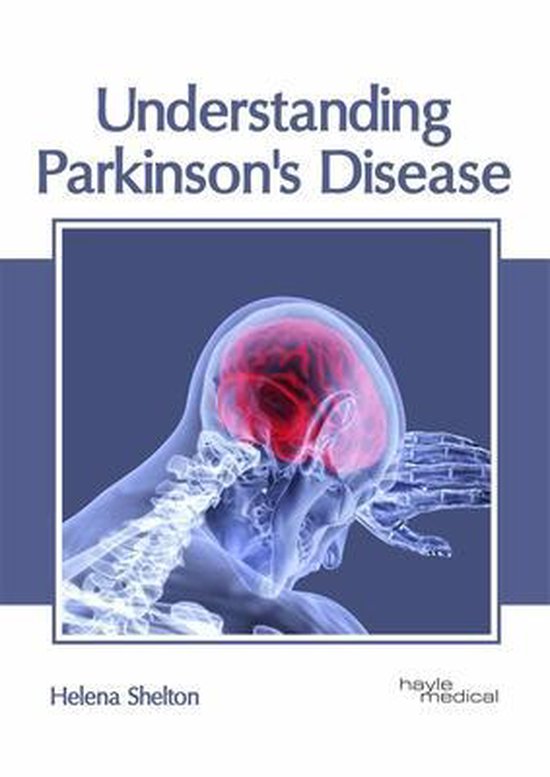What drives a person to continue their journey despite the challenges posed by Parkinson's disease? A bold statement that resonates with many is the unwavering spirit of individuals who face this condition head-on. Their stories inspire countless others, offering hope and insight into living fully even while managing such a complex neurological disorder. This narrative explores one individual's path through life after diagnosis, highlighting not only personal triumphs but also scientific advancements contributing to better understanding and treatment options for those affected globally.
A 2004 graduate of Jenison High School embarked on an extraordinary journey marked by resilience and determination. According to data from the Michigan Parkinson Foundation, Parkinson's disease significantly impacts millions worldwide. Age remains a critical factor in its development; globally, more than two percent of individuals over sixty-five years old are diagnosed with this condition, increasing to four percent among those aged eighty and above. Understanding these statistics provides context for appreciating both individual struggles and collective efforts towards combating this ailment.
| Bio Data & Personal Information | Career & Professional Information |
|---|---|
| Name: Todd Stewart | Profession: Journalist/Reporter |
| Date of Birth: [Not Publicly Disclosed] | Organization: NBC News |
| Place of Origin: United States | Specialization: Political Reporting |
| Education: Journalism Degree | Achievements: Coverage of Major Political Events |
| Reference Website | Contribution: Advocacy for Parkinson’s Awareness |
Chuck Todd, a prominent figure in American journalism, shares his experience living with Parkinson's disease, bringing awareness to the forefront of public discourse. His openness about navigating professional responsibilities alongside managing symptoms serves as a beacon of courage for many. Understanding his journey involves recognizing the multifaceted nature of Parkinson's impact—not merely physical but also emotional and psychological dimensions affecting daily life.
Retinal degeneration research offers valuable insights into Parkinson's origins, suggesting potential therapeutic interventions. Studies indicate that genetic factors play a crucial role in determining susceptibility to this disease. Specifically, mutations in genes like SNCA, LRRK2, VPS35, PRKN, PINK1, DJ-1 contribute significantly to familial cases of Parkinson's. Moreover, environmental triggers combined with genetic predispositions further complicate etiology, necessitating comprehensive approaches for effective management strategies.
Navigating Alzheimer's and related dementias requires empathetic comprehension of patients' experiences. By focusing on personalized care plans tailored to each patient's needs, healthcare providers can enhance quality of life for both afflicted persons and their caregivers. Emphasizing communication techniques facilitates stronger relationships between medical teams and families involved in long-term dementia care scenarios.
Genetics forms the cornerstone of modern Parkinson's research, unraveling mysteries surrounding causation and progression mechanisms. Advances in genomics technology enable scientists to identify specific DNA sequences associated with increased risk levels. Consequently, targeted therapies aimed at mitigating adverse effects caused by identified genetic anomalies hold promise for future breakthroughs in treatment methodologies. Furthermore, collaborative international projects accelerate discovery processes, ensuring rapid dissemination of findings across global research communities.
Exercise emerges as a powerful ally in combating Parkinson's symptoms. Research conducted under College of Biological Science auspices demonstrates tangible benefits derived from regular physical activity regimens designed specifically for Parkinson's sufferers. These programs incorporate balance training exercises proven effective in reducing fall incidence rates—a common complication experienced by many patients. Additionally, cardiovascular workouts promote overall health improvements essential for maintaining independence longer during advanced stages of illness progression.
Kim Ji-eun represents another inspiring example within entertainment circles where visibility fosters greater societal acceptance regarding chronic conditions like Parkinson's. As an actress gaining recognition internationally, she uses her platform responsibly to advocate inclusivity initiatives benefiting marginalized groups including disabled artists. Through storytelling mediums accessible worldwide via digital platforms, Kim amplifies messages promoting equality regardless of perceived limitations imposed by illnesses such as hers.
Rachel Dolhun, MD, engages directly with affected individuals like Todd Stewart, facilitating discussions around disclosure practices concerning early-onset diagnoses. Such dialogues empower patients to make informed decisions regarding when and how they wish to share sensitive information with loved ones or colleagues. Encouraging transparency without pressuring premature announcements allows time for processing emotions tied to accepting new realities brought forth by chronic diseases.



